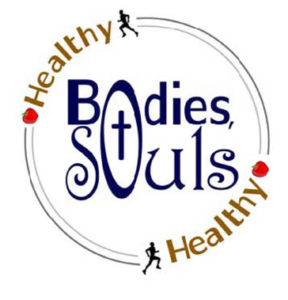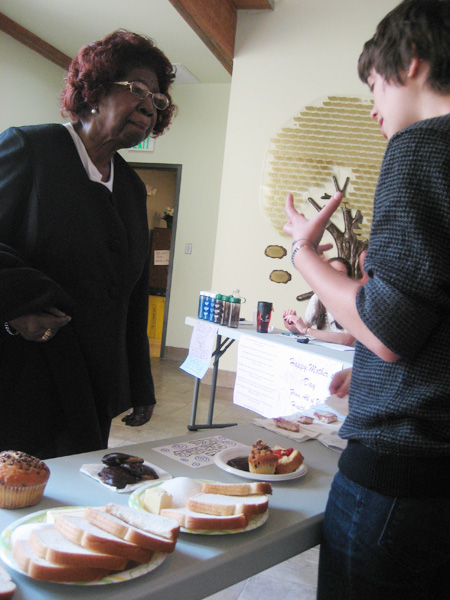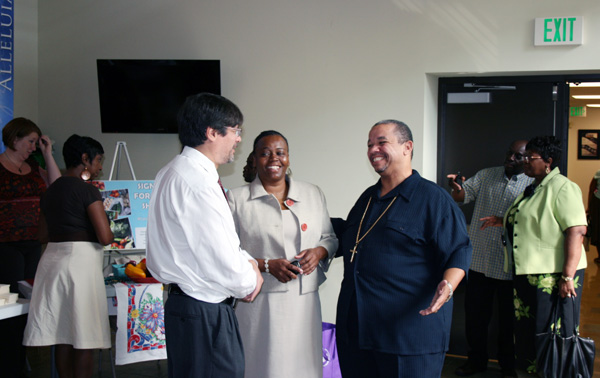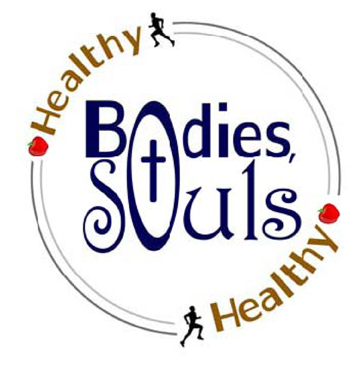Healthy Bodies, Healthy Souls

Staff
Introduction/Overview
Healthy Bodies, Healthy Souls is a church-based diabetes prevention program. It was funded by the American Diabetes Association and the Johns Hopkins Center for a Livable Future.
Primary Aims
Project Features
HBHS is a church-based diabetes prevention program that includes a five-phase weekly intervention. Healthier beverages, desserts, cooking, eating out, and physical activity were promoted through culturally acceptable materials and interactive sessions.
Communication Methods and Materials
- Print media (such as posters, handouts, and bulletins)
- Interactive sessions
- Taste tests
- Pedometer challenge
- Testimonials
- Health assessments
- Educational sessions
- Community Supported Agriculture (CSA)
- Giveaways
- Project POWER
If you would like the data collection forms please email Joel Gittelsohn.
Legal Disclaimer: Under Copyright Law we encourage you to use our materials for personal or educational purposes, provided that a copyright notice accrediting the content to “Dr. Joel Gittelsohn/Johns Hopkins Bloomberg School of Public Health” is attached to the reproduction. No reproduction may be made of any of the artworks from this website for commercial use for any reason without first receiving written permission from Dr. Joel Gittelsohn/Johns Hopkins Bloomberg School of Public Health.




